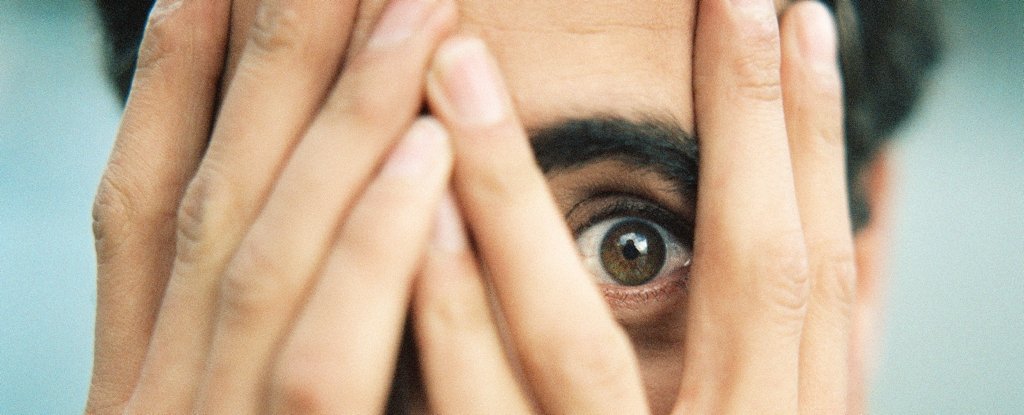1 in 3 May Suffer From 'Misokinesia': The Hidden Distraction
Understanding Misokinesia: The Phenomenon of Movement Aversion
You might find yourself getting irritated when someone is tapping their foot incessantly or twirling a pen. This experience might not be just a minor annoyance but rather a sensory aversion recognized as misokinesia – a psychological phenomenon that a recent study suggests affects about 33% of the population.
The Science Behind Misokinesia
What Triggers This Reaction?
Misokinesia, derived from Greek meaning "hatred of movement," could be a deeply rooted evolutionary trait intended to keep us alert to potential dangers in our environment. It appears that these movements create subconscious reactions that can be both distressing and exhausting.“The mind is a powerful instrument. Every thought, every emotion has a physical reaction.”—Eckhart Tolle
Identifying Those Prone to Misokinesia
Research indicates that individuals with high empathy or those who are generally more anxious tend to be more susceptible to the distracting sensations caused by others' fidgeting. - Symptoms of misokinesia include: - Elevated stress levels - Decreased focus and productivity - Increased irritability More insights on the connection between emotional intelligence and sensory processing can be found in this book.Coping Strategies for Managing Misokinesia
If you're among the many who experience this phenomenon, consider adopting these strategies to help you manage it better: 1. **Mindfulness and Relaxation Techniques**: These can help reduce stress responses. 2. **Environmental Changes**: Avoid settings where fidgeting is common, or use noise-canceling headphones. 3. **Professional Guidance**: Cognitive-behavioral therapy has shown promising results for those severely affected. Learn more about mindfulness and its benefits.Technological Interventions
With recent advancements, there are technologies specifically designed to help individuals who suffer from sensory overload, such as apps for calming practices and reminder alerts for mindful breaks. Explore the latest in mindfulness apps. For those interested in more about the socially inclined nature of misokinesia, a detailed review can be found here.Further Research and Public Awareness
As understanding and awareness of misokinesia grow, it's clear that this could be a pivotal area for new research into cognitive and sensory processing. With increased public awareness, there is potential to develop better coping mechanisms and enhance overall mental well-being. The video elaborating on the science behind misokinesia can be viewed on YouTube. Continue Reading at Source : ScienceAlert
Tags:
Science
